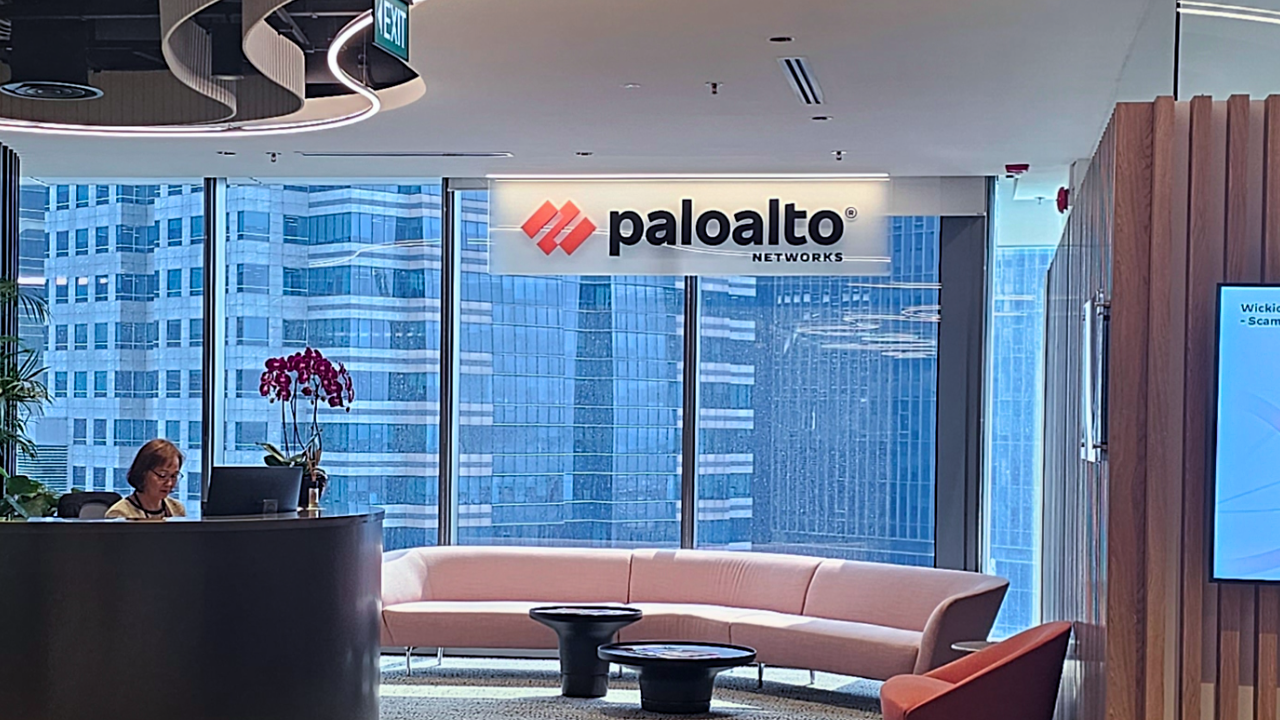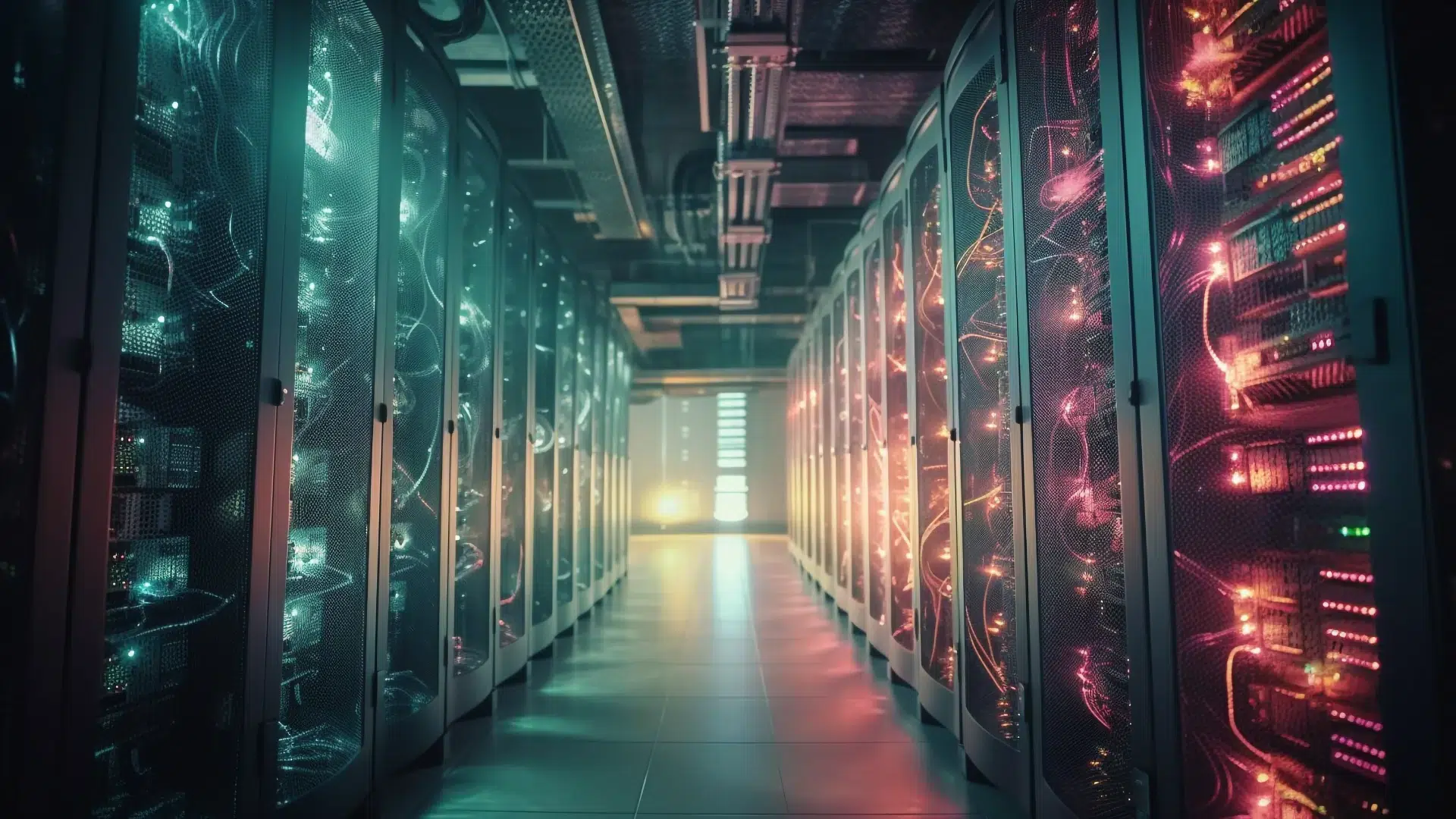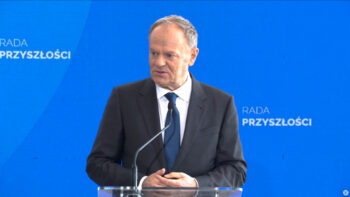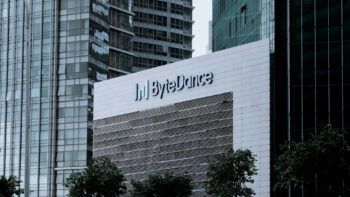While the market is still debating the regulation of artificial intelligence, Palo Alto Networks CEO Nikesh Arora is setting a much tougher cut-off date for the cyber security industry. According to him, by 2029, hostile state actors will have operational quantum computers, forcing corporations to replace their infrastructure in an unprecedented way.
Arora’s speech at the recent quarterly results discussion was more than a standard forecast – it was a clear signal to shareholders and IT directors that ‘quantum security’ is becoming a critical new commercial pillar. Lee Klarich, the company’s CTO, is already seeing increasing pressure from customers who are beginning to treat the quantum threat as a ‘here and now’ problem rather than a distant abstraction. The replacement of cryptographic systems needed to defend against the computational potential of quantum could become a catalyst for growth for Palo Alto Networks comparable to the wave of cloud transformation.
In parallel to the futuristic visions, the company is aggressively managing the present, with the web browser becoming the dominant attack vector. Arora estimates that as much as 90 per cent of office work is now done in a browser window, and the growing popularity of autonomous AI agents only compounds the risk. The company’s internal testing, which showed 167 infected instances on 5,000 devices at one of its customers, served as a proof of concept for the new strategy. Palo Alto Networks is openly targeting a base of 100 million installations of its own business browser, which would allow the company to take control of the ‘last mile’ of data security traditionally overlooked by classic firewalls.
Completing this offensive is the strategic acquisition of the Chronosphere platform. The nearly $3.5 billion deal is a clear bet on the observability (observability) market in the age of AI. Arora argues that classic observability tools are too expensive and slow for artificial intelligence systems operating on petabytes of data. Chronosphere is expected to reduce operating costs by up to two-thirds, while offering Palo Alto engineers the technology needed to handle next-generation workloads. It is a move that positions the company not only as a ‘shield’ provider, but also as a fundamental partner in building a high-performance infrastructure for the AI era.












